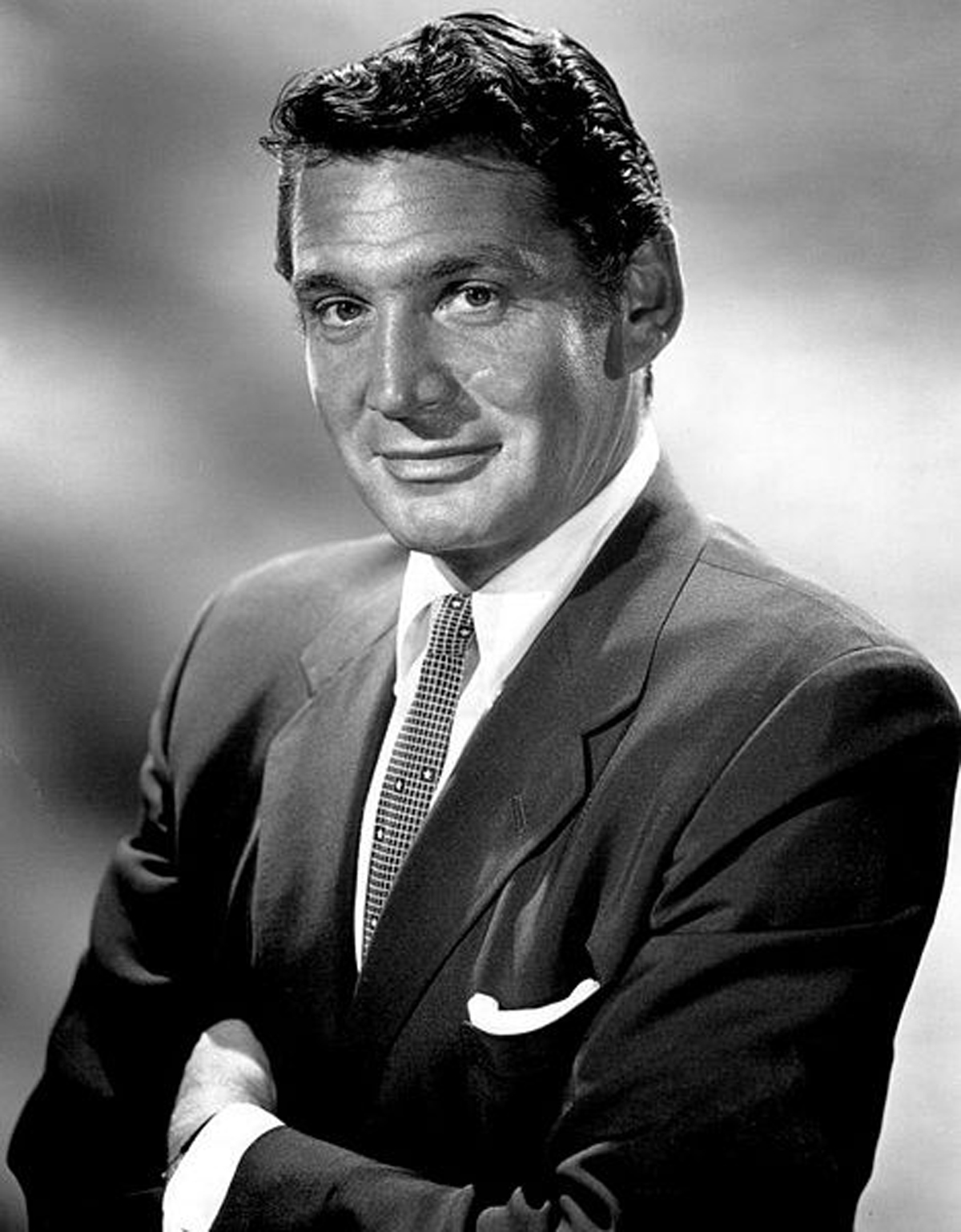Gene Barry, an iconic figure in the realm of entertainment, captivated audiences with his remarkable versatility and charisma. Born on June 14, 1919, in New York City, he embarked on a journey that would see him become a household name through his work in film, television, and theater. Throughout his career, Barry showcased an impressive range of characters, from suave leading men to complex dramatic roles, leaving an indelible mark in the hearts of many.
From his early beginnings in the world of theater to becoming a leading man in Hollywood, Gene Barry’s path was paved with passion and determination. He made his Broadway debut in the 1940s and quickly transitioned to the silver screen, where his charm and talent shone brightly. However, it was his work in television that truly solidified his status as a star, with iconic roles in series such as "Bat Masterson" and "The War of the Worlds." His unique ability to engage viewers made him a beloved figure in American pop culture.
Throughout his lifetime, Gene Barry received numerous accolades for his contributions to the entertainment industry, including nominations for prestigious awards. Even after his passing on December 9, 2009, his legacy continues to inspire new generations of artists. This article will delve deeper into the life, career, and personal details of Gene Barry, exploring what made this extraordinary man a true legend.
Biography of Gene Barry| Personal Details | Information |
|---|
| Name | Gene Barry |
| Date of Birth | June 14, 1919 |
| Place of Birth | New York City, New York, USA |
| Date of Death | December 9, 2009 |
| Occupation | Actor, Singer |
| Notable Works | Bat Masterson, The War of the Worlds, The Great Race |
What Are Some of Gene Barry's Most Notable Works? Gene Barry's illustrious career spanned several decades, and he left a lasting impact through various performances. Some of his most notable works include: - **Bat Masterson** (1958-1961): A television series that showcased Barry in the title role as a dapper lawman in the Old West. - **The War of the Worlds** (1988): A television miniseries adaptation of H.G. Wells' classic novel, where he played the lead role of Dr. Clayton Forrester. - **The Great Race** (1965): A comedy film directed by Blake Edwards, featuring Barry as the charming and unscrupulous racer, Leslie Gallant III. - **The Old Man Who Cried Wolf** (1970): A television film that demonstrated Barry's dramatic range and ability to tackle serious themes.
How Did Gene Barry Influence the Television Industry? Gene Barry was a trailblazer in the television landscape, particularly during the 1950s and 1960s. His influence is evident through several key factors: 1. **Breaking Stereotypes**: Barry often portrayed characters that defied traditional molds, showcasing a more sophisticated and complex image of masculinity. 2. **Pioneering Roles**: He was among the first actors to transition successfully from theater to television, paving the way for future generations of performers. 3. **Versatility**: Barry's ability to shift between genres, from comedy to drama, allowed him to reach a diverse audience and solidify his status as a versatile entertainer.
What Challenges Did Gene Barry Face in His Career? Despite his many accomplishments, Gene Barry faced challenges throughout his career that tested his resilience and determination: - **Typecasting**: Early in his career, Barry found himself typecast in certain roles, which limited his opportunities for more diverse characters. - **Industry Changes**: As television evolved, Barry had to adapt to changing trends and viewer preferences, which impacted his career trajectory. - **Personal Loss**: Like many artists, Barry faced personal struggles, including the loss of loved ones, which affected his emotional well-being and professional choices.
What Was Gene Barry's Impact on Future Generations of Actors? Gene Barry's legacy continues to resonate with aspiring actors and entertainers, serving as an inspiration in various ways: - **Role Model**: His dedication to his craft and ability to navigate the complexities of show business serve as a guiding example for young actors. - **Emphasis on Versatility**: Barry's diverse portfolio encourages emerging talent to explore different genres and styles, fostering creativity and innovation in the industry. - **Cultural Icon**: As a prominent figure in television history, Barry remains a celebrated icon, reminding future generations of the importance of storytelling and performance.
How Did Gene Barry Contribute to the Theater? In addition to his success in film and television, Gene Barry made significant contributions to the theater, showcasing his talents in various productions: - **Broadway Debut**: Barry's career began on Broadway, where he honed his skills and gained recognition for his performances in musicals and plays. - **Diverse Roles**: He took on a variety of roles in theatrical productions, demonstrating his range as an actor and his commitment to the performing arts. - **Advocacy for the Arts**: Barry actively supported theater initiatives and programs, helping to promote the importance of live performance in the cultural landscape.
What Can We Learn from Gene Barry's Life and Career? Gene Barry's life and career offer valuable lessons for anyone pursuing a passion in the arts: 1. **Persistence**: Barry’s journey reminds us that success often requires perseverance and a willingness to adapt to challenges. 2. **Passion for Craft**: His dedication to acting highlights the importance of passion and commitment in achieving excellence. 3. **Embrace Change**: Barry's ability to evolve with the industry serves as a reminder to embrace change and remain open to new opportunities.
Conclusion: The Enduring Legacy of Gene Barry Gene Barry's impact on the entertainment industry is undeniable. From his groundbreaking roles in television to his contributions to theater, he paved the way for future generations of actors and entertainers. His charm, versatility, and dedication to his craft continue to inspire, ensuring that his legacy will endure for years to come. As we reflect on the life of Gene Barry, we celebrate not only his achievements but also the spirit of creativity and artistry that he embodied.


